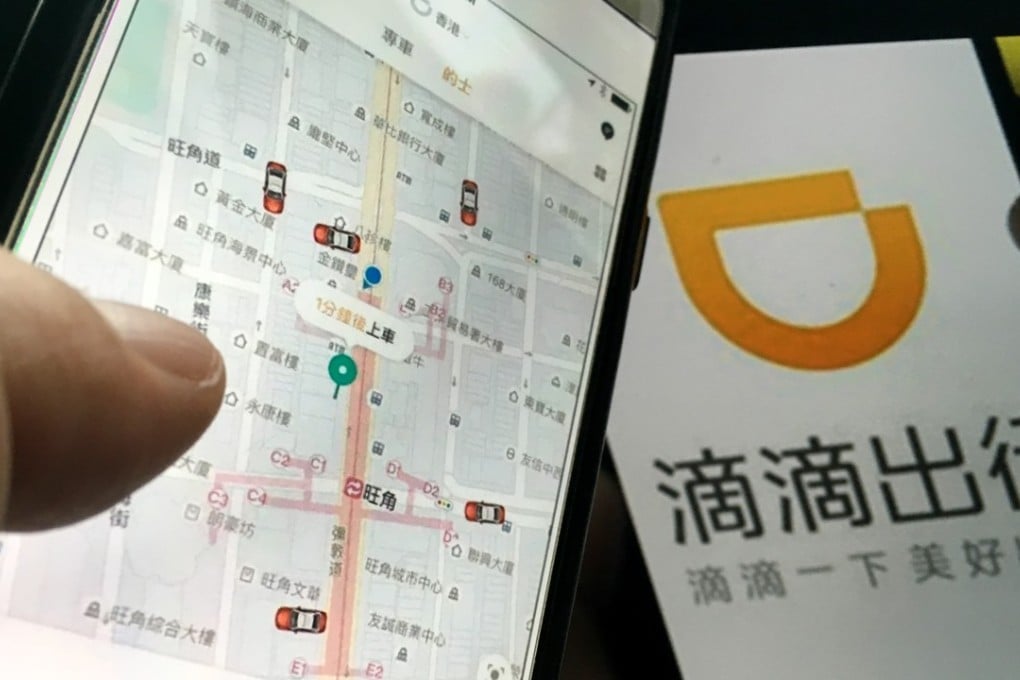Questions raised over role of facial recognition technology in Didi passenger death
Online debate rages after Didi says its facial recognition system failed to identify an unregistered driver who is suspected of killing a female passenger

Could a technical glitch have played a part in the tragic death of a female taxi passenger in China last week? An online debate over the safety of new technology has begun after Didi Chuxing said the facial recognition system on its ride-pooling service Hitch failed to identify an unregistered driver who is suspected of killing a female passenger.
Last week a man in Zhengzhou, capital of Henan province, was able to log into the account of his father because Didi's night mode facial recognition system failed to engage, according to a statement from the company. The 26-year-old man allegedly went on to rape and kill his passenger, a 21-year-old flight attendant, before being found dead himself by police in a river on Saturday, according to a report from the official Xinhua News Agency.
Facial recognition technology – which enables the automatic identification of an individual from a secure database of digital images – has become part of daily life in China as the country continues to be a leading adopter of an array of cutting-edge technologies, such as artificial intelligence and robotics. Facial recognition systems are used in a broad range of sectors, including public security, transport, financial services and retail but their success will depend on the ongoing maintenance of public confidence.

Drivers for Didi’s Hitch service have to provide at least three forms of identification, including a valid drivers licence, identity card and vehicle ownership documents. Although Didi has admitted its facial-scanning feature failed to work in this instance, the exact reason why remains unclear. Didi did not immediately respond to an email inquiry about the details of the technical failure or the technology developer used.